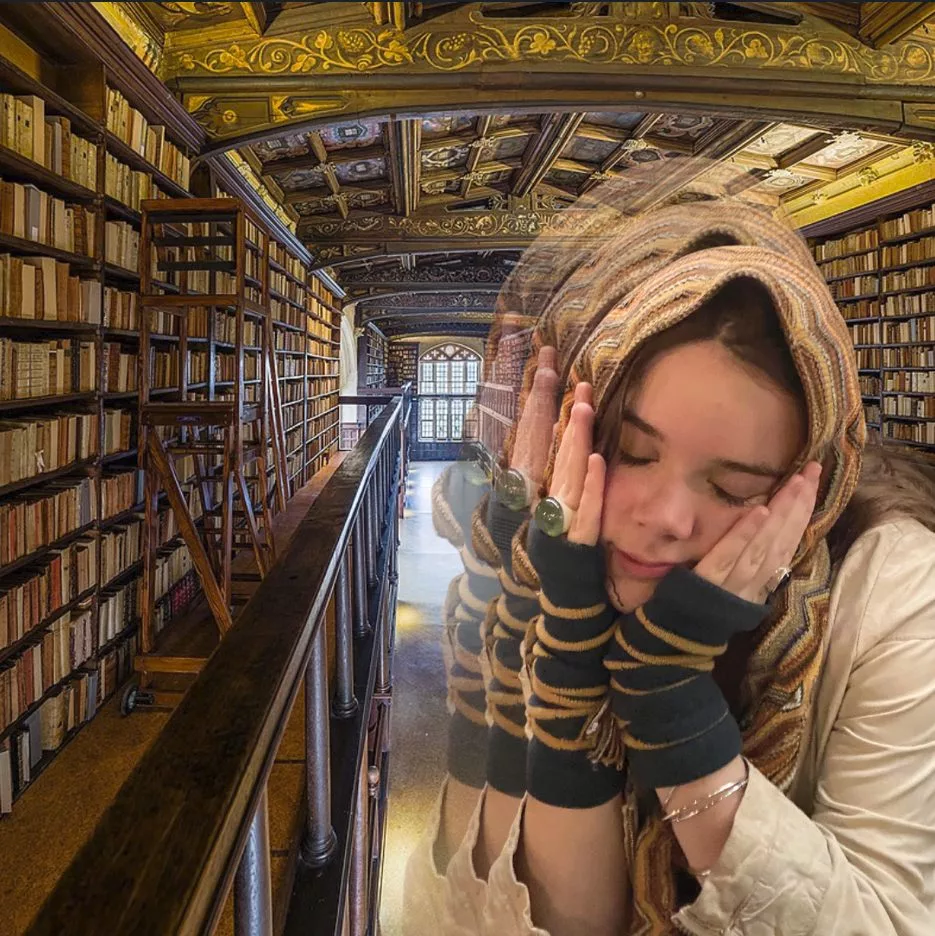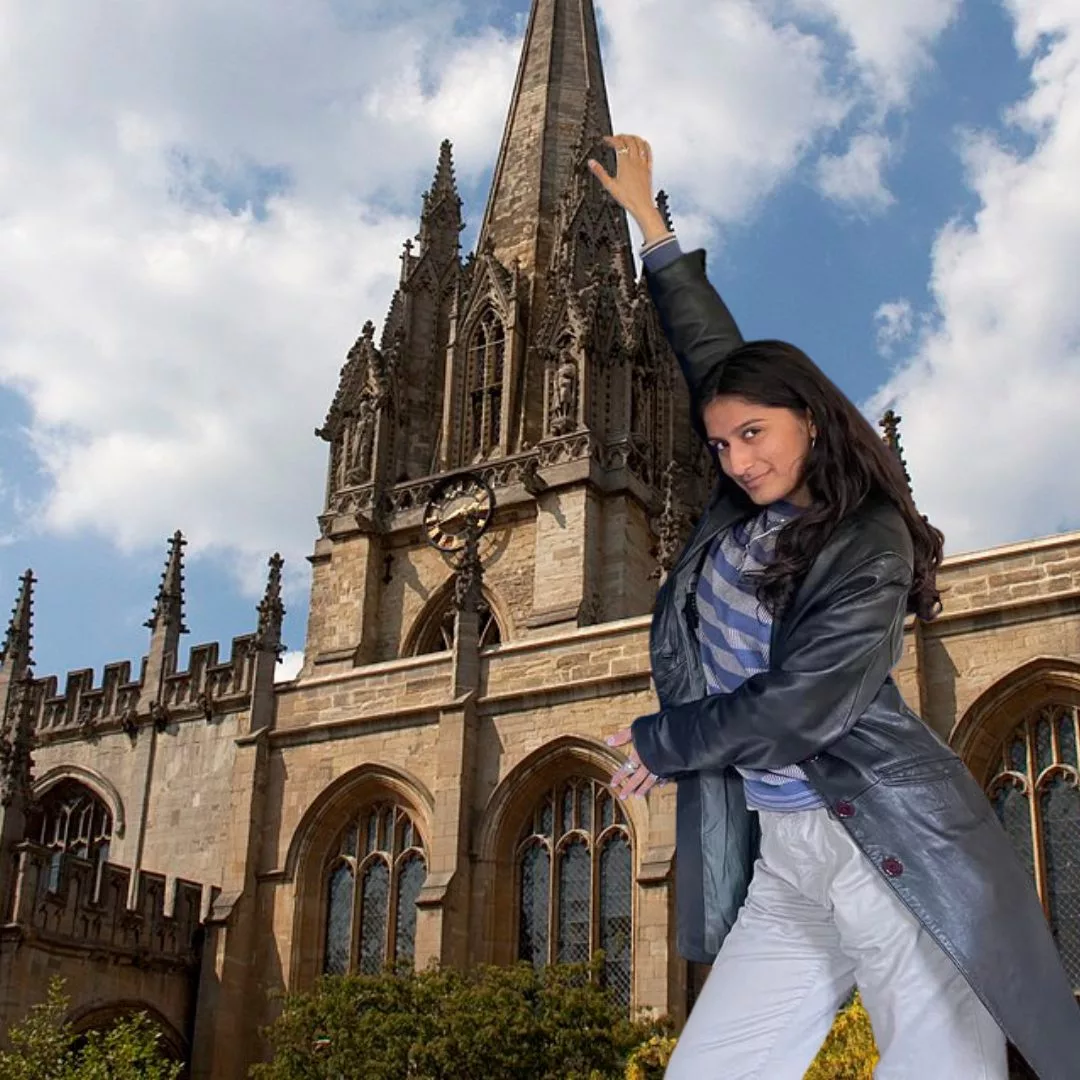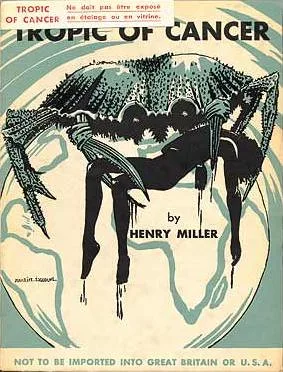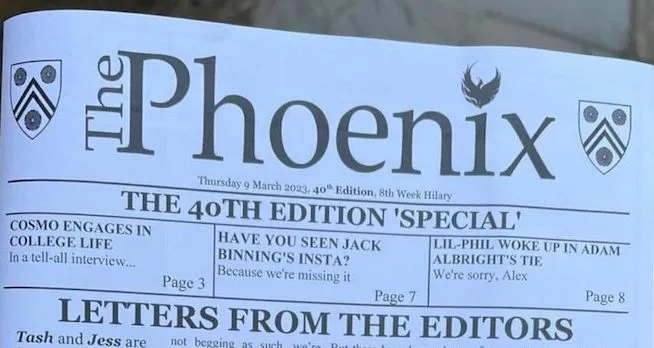The Oxford Nizami Ganjavi Centre (ONGC) is funded by an anonymous £10 million donation and has on its board the sister-in-law of President Aliyev, Azerbaijan’s autocratic ruler. The makeup of the centre’s board and the University’s refusal to identify the donor have drawn criticism from academics concerned about the preservation of academic freedom.
This comes amidst the ongoing imprisonment of Dr Gubad Ibadoghlu, an LSE academic and government critic arrested in Azerbaijan this summer on charges condemned as false and politically motivated.
Neither the University nor the centre have reacted to Dr Gubad’s predicament. His family are calling for this silence to be broken.
The centre
According to its website, the Oxford Nizami Ganjavi Centre was established in 2019 to study the “history, languages and cultures of Azerbaijan, the Caucasus and Central Asia”. The centre offers visiting fellowships and funding for graduate students, and supports Azerbaijani language instruction at Oxford. It is funded by an anonymous £10 million endowment “given in recognition of the British Foundation for the Study of Azerbaijan and the Caucasus [BFSAC] in 2018”.
On the centre’s board sits Nargiz Pashayeva, the sister-in-law of President Ilham Aliyev, the autocratic ruler of Azerbaijan. Her sister, Mehriban Aliyeva, is Azerbaijan’s First Lady and first ever ‘Vice President’, the second highest constitutional office in the country to which her husband appointed her immediately after creating it in 2017.
Freedom House characterises Azerbaijan as an authoritarian regime, with power “heavily concentrated in the hands of Ilham Aliyev … and his extended family. Corruption is rampant, and the formal political opposition has been weakened by years of persecution.”
Dr Tena Prelec, Assistant Professor at the University of Rijeka and a former Research Fellow at Oxford’s Department of Politics and International Relations, told Cherwell: “[Pashayeva’s] connections with the Azerbaijani ruling elite could not be stronger. It has been proven that hundreds of millions of pounds linked to the Azerbaijani elite have been laundered through UK real estate (the Azerbaijani Laundromat); while attempts by Azerbaijan to influence political decisions through bribery have also been established beyond doubt (the so-called ‘caviar diplomacy’ scandal at the Council of Europe). For those reasons alone, Pashayeva’s involvement in an Oxford research centre warrants particular care and attention.”
In addition to being on the ONGC’s board, Nargiz Pashayeva played a key role in setting up the centre. She is credited with establishing collaboration with the University back in 2014 in the form of the ‘Nizami Ganjavi Programme’, a five-year research programme worth £1 million with similar research aims. She also “facilitated” the creation of the ONGC itself in her role as chair of the British Foundation for the Study of Azerbaijan and the Caucasus (BFSAC).
Given its focus on cultural studies, the centre appears non-political. However, in a letter to the Foreign Secretary in 2020 urging the UK to take a more pro-Azerbaijan approach regarding conflict between Azerbaijan and Armenia, Lord Malcolm Bruce described the ONGC as an “important symbol of inclusiveness promoted by Azerbaijan today”. Lord Bruce is a member of the UK House of Lords and was also the British co-founder of BFSAC, the charity chaired by Pashayeva and recognized by the ONGC’s mystery £10 million donor. BFSAC closed down in October 2022.
Lord Bruce told Cherwell he “supported the establishment of the [ONGC] as a non-political, academic and cultural centre for promoting interest in the Caucasus and central Asian region”, noting that “the donation enabling the foundation of the centre was subject to and approved through Oxford University due diligence”.
Regarding the contents of his 2020 letter, he pointed to UN criticism of Armenia’s actions at the time and emphasised that his “only interest was and remains in securing a long-term settlement and improvement in Azerbaijan-Armenia relations”, adding that he has “been critical of the regime in Azerbaijan and the lack of free and fair elections”.
Lord Bruce was formerly the Council of Europe’s Rapporteur for Political Prisoners from 2003-2005, and is noted in ESI’s ‘Caviar Diplomacy’ report as having taken a relatively critical stance towards the Azerbaijani regime.
The funding
When asked about the identity of the anonymous donor, Oxford University told Cherwell: “The University will not disclose the name of the donor; the terms of the gift are such that the donor wanted to be anonymous, and the University is respecting that agreement.
“All major prospective donors are carefully considered by the University’s Committee to Review Donations and Research Funding under the University’s guidelines for acceptance. The committee, which includes independent, external representatives, has robust and rigorous guidelines regarding the acceptance of donations and research funding.”
A University spokesperson previously told Times Higher Education that the donation “does not come from a government”.
When Cherwell prompted the University to clarify what scope is given to the term ‘government’ in this statement, the University re-emphasised the expertise of its donations review committee, adding that the committee “was made aware of the donor of this gift, who was considered and approved through our usual due diligence process”.
Dr. Prelec emphasised to Cherwell that “it is not enough for the public to know that the donor was not a governmental entity. In many countries … much of the political economy rests on an exchange of favours between businesspeople and the rulers.
“In order to be able to conduct business and prosper, individuals hoping to do business in or with Azerbaijan often donate hefty sums to philanthropic activities that are used to enhance Azerbaijan’s image in the world. Alex Dukalskis has called this money-fuelled burnishing of a country’s reputation ‘authoritarian image management’.”
In an Azernews article from early 2017, Pashayeva is quoted saying she “would like to thank Mr Iskandar Khalilov for his first financial support of the Oxford Nizami Ganjavi Centre”.
Iskandar Khalilov (name sometimes spelt as Iskander or Iskender) is an Azerbaijani businessman. He is the founder of ISR Holdings, which describes itself as “one of the largest [structures] in the private sector of Azerbaijan”. He also appears to have been on the board of directors for Russian state oil company Slavneft, and according to Azerbaijani state media has been Vice President for Russian multinational energy corporation LUKOIL Oil Company. In 2016, Khalilov was amongst those awarded by the Azerbaijani President for services to the development of the Azerbaijani diaspora.
When asked to clarify what financial contribution from Khalilov was being referred to, the University declined to comment further. This reply came in a new email thread with ‘confidential’ added to the subject line in all caps.
In response to Cherwell’s Freedom of Information request asking for details on any donations received by Khalilov, the University would neither confirm nor deny whether it held this information. The University argued that exemptions protecting personal data and commercial interest applied, and said it “would not be appropriate for the University to provide information which could lead to donors … being identified by a process of elimination”.
Dr John Heathershaw, Professor of International Relations at Exeter University and founding member of the Academic Freedom and Internationalisation Working Group, told Cherwell: “It was a serious error of judgement by Oxford’s gift committee to agree to an anonymous £10 million donation … In the US it would have been illegal to accept such a high donation anonymously and in the UK it is certainly unethical.
“While confidentiality in small donations is reasonable, it is never admissible in large donations, especially with respect to regions and topics where there are credible risks of reputation laundering and authoritarian influencing.”
The silence
Neither the University nor the ONGC have responded to the arrest and ongoing detention of Dr Gubad Ibadoghlu, a UK-based Azerbaijani academic, democracy advocate and regime critic.
Dr Gubad, a Senior Visiting Fellow at LSE, was arrested in late July while visiting family in Baku. He was charged initially with selling counterfeit money and then with distributing religious extremist materials. Human Rights Watch has dismissed these charges as “false” and “politically motivated”, and demands his immediate release. Dr Gubad is reportedly being denied medical attention in prison and his family have expressed concern about the impact on his health.
Tomila Lankina, LSE Professor of International Relations, has been working closely with the campaign to secure Dr Gubad’s release. Speaking to Cherwell, she questioned the ONGC’s silence on the matter: “The question is, where is their voice? I would have thought a centre at one of the most prestigious institutions would have done something by now, because they have much better connections than everyone else…
“If they have someone close to the regime [Pashayeva], one would think they would use those channels to secure the release of a man who’s health conditions have deteriorated since imprisonment and on whose behalf there has been a huge campaign.”
Lankina said she found the anonymity of the ONGC’s donor combined with the identity of its board members “deeply troubling”.
Zhala Bayramova, Dr Gubad’s daughter, told Cherwell regarding the ONGC’s silence that “at the very least” she would like to see a statement from the centre and the University expressing their concern.
She added, “If they cannot even muster a Twitter statement, which is a minimal gesture of endorsement and support without significant binding power, it raises serious doubts about their commitment, especially when they are meant to be guardians of scholars.”
Regarding the anonymous funding, Zhala emphasised that “it is imperative for universities to prioritise transparency”, as anonymity can “obscure the nature of donations and their impact on university policies and decision-making processes”.
Similarly, Dr Heathershaw noted that “given Oxford’s secrecy [about the donor], it is not appropriate for the sister-in-law of the President of Azerbaijan to sit on the board of ONGC…. While there is little doubt that any direct attempts to limit academic freedom would be challenged by other members of the [ONGC] board, we know that research activities are influenced in more subtle ways including who is likely to apply to fellowship positions and what they propose if there is a perception of preference to a particular regime.”
The University told Cherwell: “The [ONGC’s] Board comprises seven members, five of whom are Oxford University academics and two of whom were nominated by [BFSAC]. Each member serves a three-year term which is extendable for one further term, and the Board reports to the University’s Faculty of Asian and Middle Eastern Studies….
“All research projects and researchers at Oxford University have absolute freedom of academic enquiry without influence from donors or donations. The [ONGC] follows these principles and academic decisions about their research agenda and outputs are made entirely independently of the Board, donors or any political interests in Azerbaijan.”
Emin Bayramli, one of Dr Gubad’s sons, expressed concern that the ONGC, as a space the Azerbaijani community in Oxford is likely to rely on, is not fit for purpose: “It’s essential for individuals living abroad, many of whom have relocated … to have impartial and secure spaces… As someone living in exile, I would not feel secure seeking support from a centre [whose board] is closely related to a dictator”.
Adding that “[i]t is crucial for institutions to demonstrate their commitment to academic freedom and the protection of scholars, and issuing a statement is a minimal but necessary step in that direction”, Emin called for the ONGC and the University to do so.
The ONGC and Nargiz Pashayeva have been approached for comment. Cherwell has also tried to reach Iskandar Khalilov through ISR Holdings.











